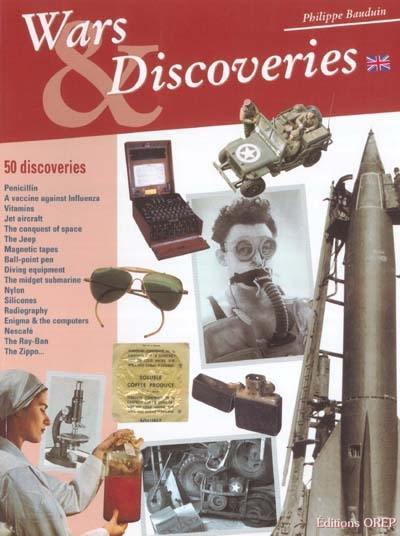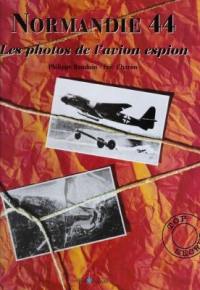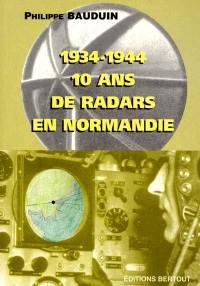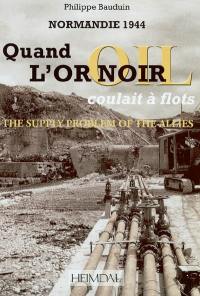When an engineer, former director of ANVAR in Lower Normandy has, as well as he might, a passion for discoveries and new techniques, with expertise in the history of the D Day Landings... and is armed with a good pen, here are all the ingredients for a fascinating book. Taking pertinent note that wars and catastrophies mobilise the inventive genius in man, Philippe Bauduin thus enumerates all the inventions of the century past.
In Normandy itself, in 1944, all this inventive genius of mankind was to contribute to the success of the most formidable Landing operation of all time.
Harsh, it certainly is, but realistic to note that "wars" incite those engaged in research and thus make possible the greatest discoveries for mankind, but it was ever thus...
These discoveries have, for the most part transformed the life of Twentieth Century mankind in many spheres. Being a seasoned mariner, I have lived through many changes in the war at sea and in the art of navigation; In fact, since man first set sail on the high seas, to pinpoint his position, was the major role of the navigator... today, the use of satellites have rendered obselete, sextants, navigation tables even perhaps the astronomical tables. The Allied Landings of 6th June 1944 that caused devastation in Normandy, gave it world fame; its coast-line has become a very special place of remembrance and recollection.
Thus Normandy, Land of William the Conqueror, bears witness to the courage and genius of mankind although a thousand years lie between the Bayeux Tapestry and the Landing museums.
This book of note, by Philippe Bauduin is remarkably well documented and rises to the high-water mark of the concept: "Wars and Discoveries", a fascinating book by one captivated by new techniques and deeply rooted in the rich land of Normandy.
Admiral (2S) Christian Brac de La Perriere
President of the D Day Commemoration Committee
Philippe Bauduin was fourteen when he first met Royal Engineers on the Normandy battlefields. He served as photo interpreter officer in 2/33 Squadron of the French Air Force before beginning a civil career in 1958 as a research engineer in solid state physics, optics and microwaves. In 1974 he was in charge of the Great National Heavy Ion Accelerator project in Caen. In 1980 he joined the French National Agency for Research Development, where he led the Innovation Engineering and Technology Transfer Department. Now retired, he lives in his country cottage, an ex-Royal Engineer pump house, where he spent a large part of his time preserving the name of the Royal Engineers and writing about their works in Normandy.
Philippe Bauduin, who has published papers about airfield construction, has been awarded the Legion d'Honneur.
















